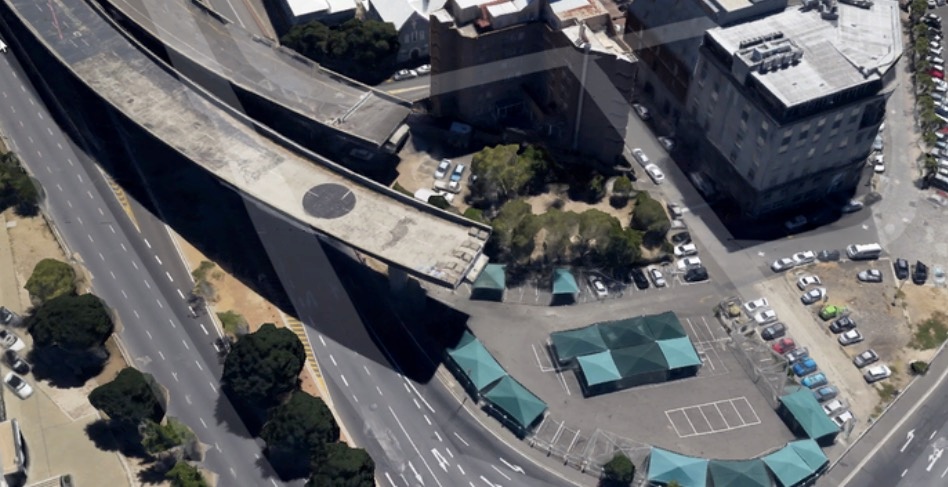Panelists:
Guy Briggs
Bidder on Foreshore Freeway City of Cape Town tender
dhk: Principal
Caroline Sohie
Planning Specialist
University of KULeuven: Faculty of Architecture
Dave Southwood
Artist and photographer
Robert Silke
Preferred Bidder on Foreshore Freeway City of Cape Town tender
Robert Silke&Partners: Director
Mark Noble
Neighbouring Landowner
V&A Waterfront: Development Director
Dr. Lisa Kane
Academic researcher and writer
University of Cape Town: Honorary Research Associate at the Centre for Transport Studies
Moderator:
Leszek Dobrovolsky
Infrastructure specialist
Instinct: Director
Convenor:
Instinct, London
In 2016, the City of Cape Town launched a two-stage competition calling for ideas and projects to transform eleven hectares of Cape Town CBD blight – a series of uncompleted elevated highway viaducts.
Several ambitious, radical and innovative proposals were submitted, and a shortlist of six consortia entered a final round of submissions, interviews and financial analysis.
Despite a winner being announced, and against a backdrop of City of Cape Town maladministration and corruption, the entire tender process was cancelled. A significant opportunity to enable a private sector game-changer, relieve traffic congestion, and provide real social transformation through affordable housing had been lost.
The moderated panel discussion asks questions about structure and public sector governance. What can be learnt about how to devise, create and deliver practical initiatives and projects in a volatile climate?
The discussion brings together representatives from Foreshore Freeway consortia and shortlisted proposals, with surrounding landowners. Evidence-based examples of projects that have been delivered (despite political and economic constraints and limitations in governance) are presented by practitioners and academics in the Global South.
